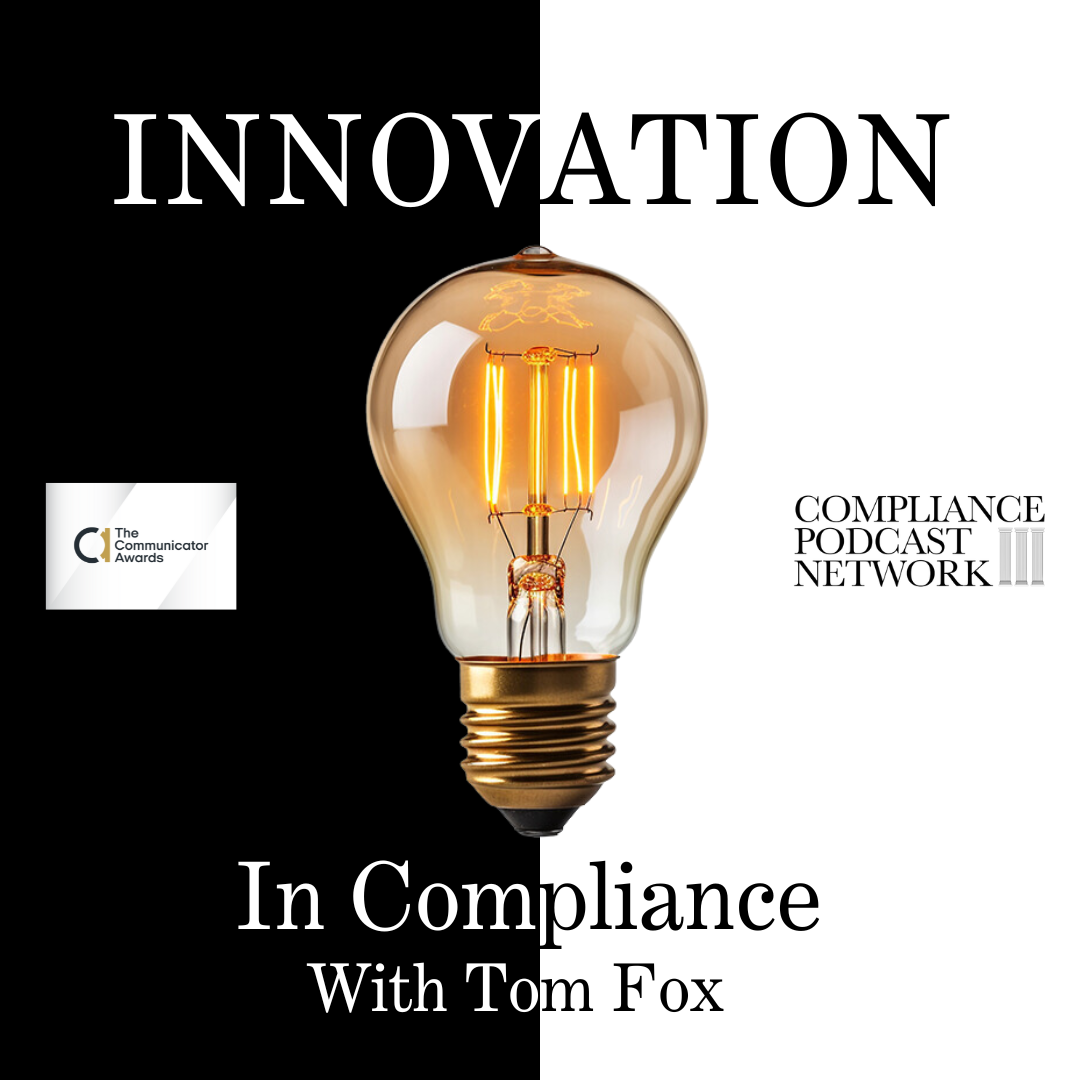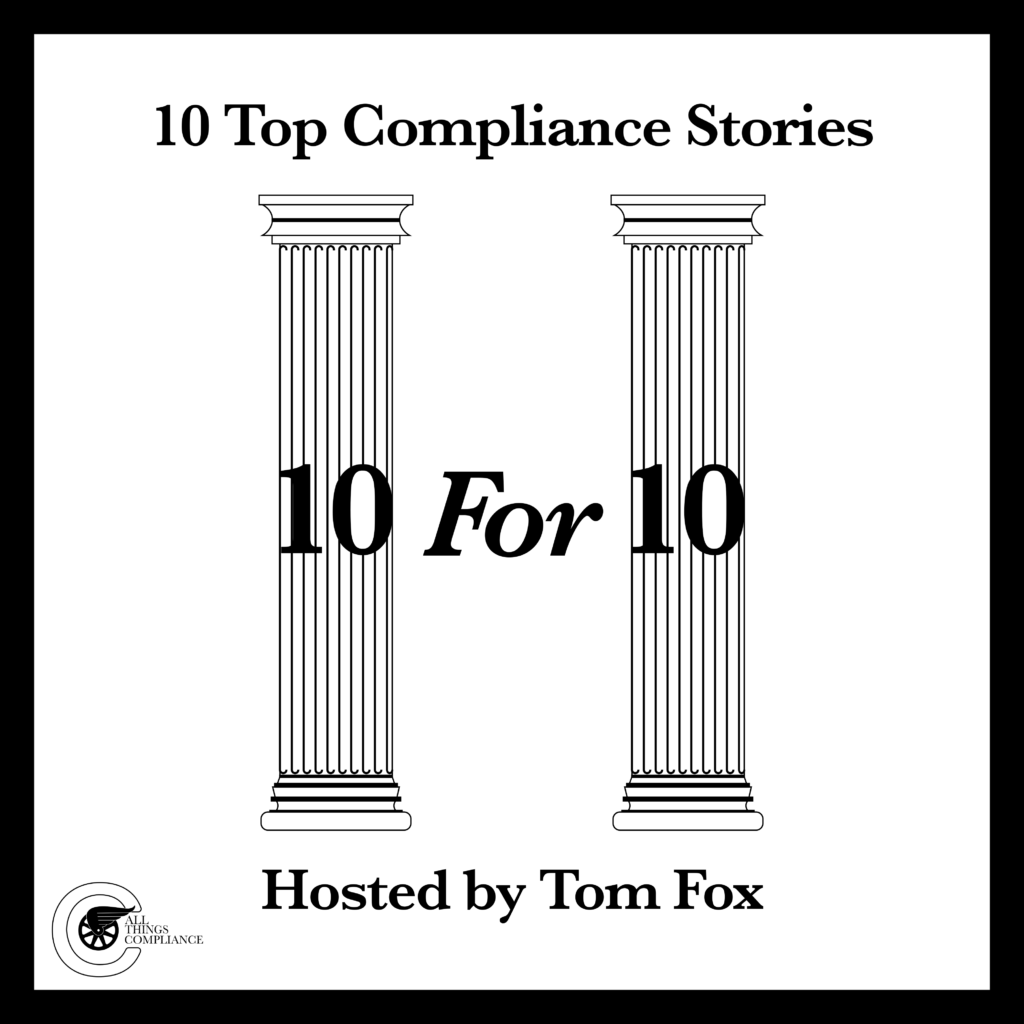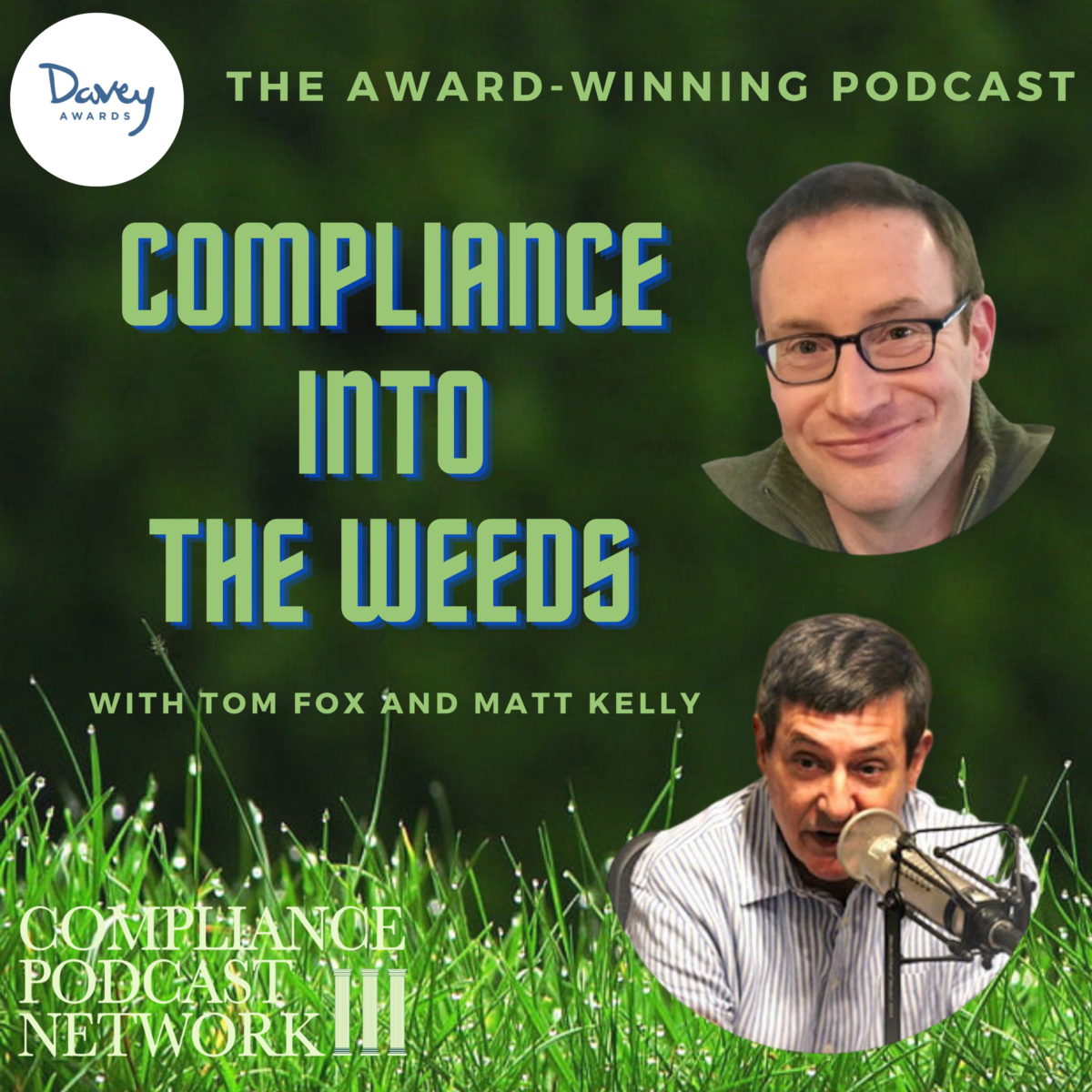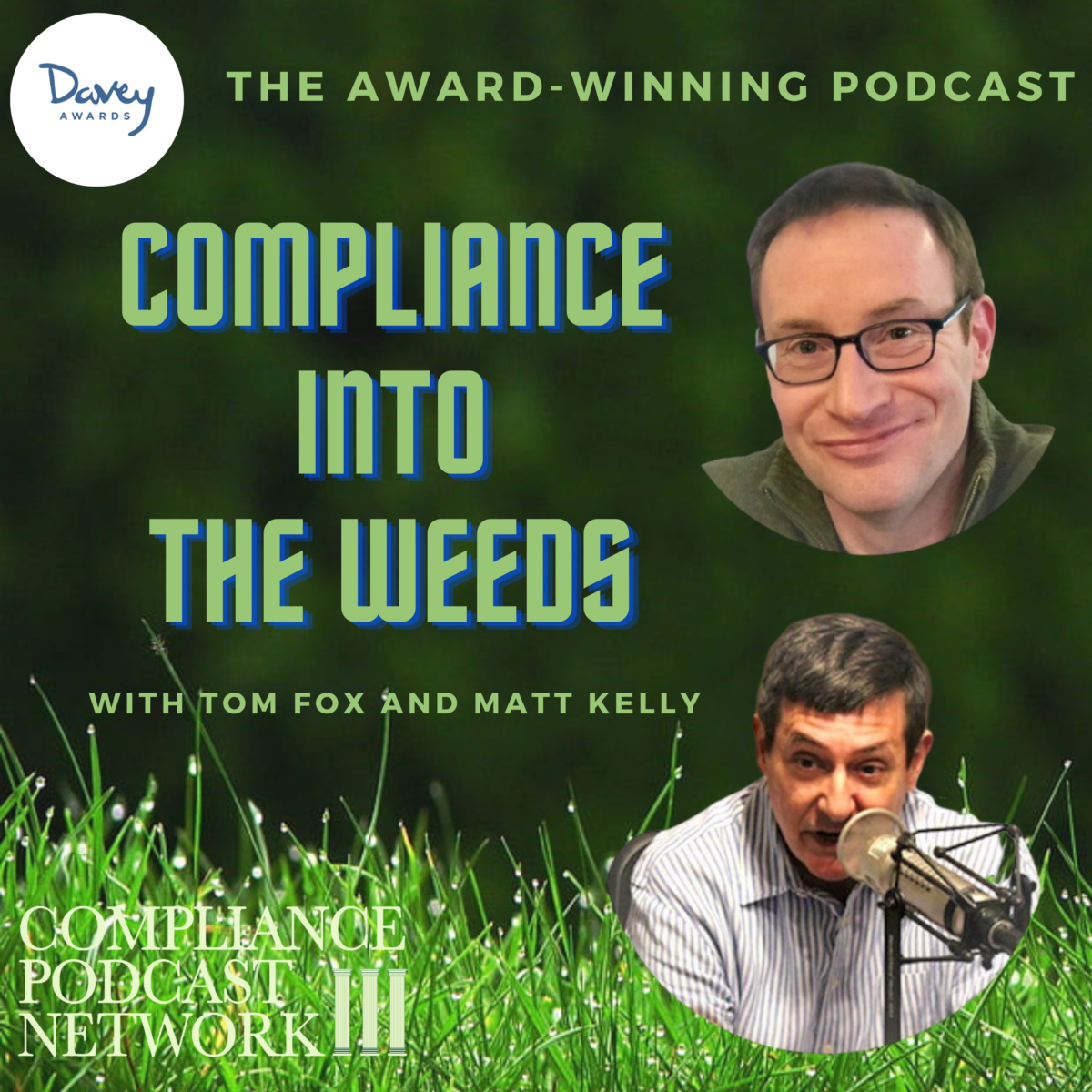Deputy Assistant Attorney General Nicole M. Argentieri’s speech highlighted a critical shift in the Department of Justice’s (DOJ) approach to evaluating corporate compliance programs. As outlined in the updated 2024 Evaluation of Corporate Compliance Programs (2024 ECCP), the emphasis on data access signals a new era where compliance professionals are expected to wield data with the same rigor and sophistication as their business counterparts.
In her remarks, Argentieri said, “Second, following the recent announcement of our whistleblower awards program, the ECCP now includes questions designed to evaluate whether companies encourage employees to speak up and report misconduct or employ practices that chill reporting. Our prosecutors will closely consider the company’s commitment to whistleblower protection and anti-retaliation by assessing policies and training, as well as the treatment of employees who report misconduct. We will evaluate whether companies ensure that individuals who suspect misconduct know how to report it and feel comfortable doing so by showing that there is no tolerance for retaliation.”
Her remarks were paired with new language in the 2024 ECCP, which stated:
Effectiveness of the Reporting Mechanism – Does the company have an anonymous reporting mechanism, and why not? How is the reporting mechanism publicized to the company’s employees and other third parties? Has it been used? Does the company test whether employees know the hotline and feel comfortable using it? Does the company encourage and incentivize reporting of potential misconduct or violation of company policy? Conversely, does the company use practices that tend to chill such reporting? How does the company assess employees’ willingness to report? How has the company assessed the seriousness of the allegations it received? Has the compliance function had full access to reporting and investigative information?
Commitment to Whistleblower Protection and Anti-Retaliation. Does the company have an anti-retaliation policy? Does the company train employees on internal and external anti-retaliation policies and whistleblower protection laws? To the extent that the company disciplines employees involved in misconduct, are employees who reported internally treated differently than others involved in misconduct who did not? Does the company train employees on internal reporting systems, external whistleblower programs, and regulatory regimes?
The speech and the 2024 ECCP impose new and additional requirements on a corporate compliance program in internal reporting, whistleblower protection, and anti-retaliation. But how exactly should compliance teams navigate these heightened expectations? Here’s what you must do to ensure your compliance program meets these new standards.
The DOJ has made it abundantly clear that companies must have effective, accessible, and well-publicized reporting mechanisms coupled with ironclad whistleblower protections. For compliance professionals, this mandate represents a critical component of a company’s overall compliance program that cannot be overlooked or underestimated. Here is what you need to do to implement these DOJ requirements effectively.
Establish and Maintain an Anonymous Reporting Mechanism
First and foremost, your company must have an anonymous reporting mechanism—commonly known as a hotline. If your company lacks this, it’s time to address this gap immediately.
- Set Up a Hotline. Implement a reliable, user-friendly, anonymous reporting mechanism. This could be a dedicated phone line, an online portal, or both. The key is to ensure that employees and third parties can report misconduct without fear of exposure.
- Publicize the Mechanism Effectively. Once in place, make sure everyone knows about it. Publicize the hotline through multiple channels—email announcements, posters in common areas, mentions in training sessions, and inclusion in employee handbooks. The goal is to ensure that no one in the organization can claim ignorance of its existence.
- Test Awareness and Comfort Levels. Regularly survey employees to gauge their awareness of the hotline and their comfort in using it. This can be done through anonymous questionnaires or during training sessions. The DOJ expects companies to have a hotline that employees know and trust.
Encourage and Incentivize Reporting
A reporting mechanism is only as effective as the culture that surrounds it. Compliance professionals must work to foster an environment where reporting is encouraged and valued.
- Positive Reinforcement. Encourage reporting by framing it as a positive, company-supportive action. Highlight success stories where reports led to meaningful change or helped the company avoid greater risks. Consider incentivizing reporting through recognition programs or other rewards that align with your company’s culture.
- Avoid Chilling Practices. Be mindful of practices or policies that might discourage reporting. For example, employees will quickly learn to stay silent if your company has a history of disregarding reports or retaliating against reporters. Review your policies to ensure they don’t inadvertently dissuade reporting and correct any past practices that might have had this effect.
- Leadership Commitment. The tone from the top is critical. Senior leaders must openly support and advocate for whistleblower protections. This includes publicly acknowledging the importance of reporting misconduct and demonstrating zero tolerance for retaliation. Leaders should actively participate in training sessions and speak about the value of transparency and accountability.
- Anonymous Reporting Channels. While encouraging open dialogue is important, some employees may feel more comfortable reporting anonymously. Ensure that your organization has robust, confidential reporting channels in place. These might include hotlines, online portals, or third-party reporting services. Make sure these channels are well-publicized and easy to use.
Assess and Act on Internal Reports Thoroughly
The DOJ wants to know that companies take reports seriously. This means evaluating the seriousness of allegations promptly and thoroughly.
- Rigorous Investigation Process. Ensure that all reports are promptly reviewed and assessed for seriousness. Develop a standardized process for triaging reports based on their nature and potential impact. This should involve clear guidelines for escalating significant issues to senior management or the board.
- Full Access for Compliance. Your compliance function must have unrestricted access to all reporting and investigative information. This ensures that investigations are conducted independently and without interference and that the compliance team can assess trends, identify systemic issues, and recommend corrective actions.
- 120 Days. Remember, the new Corporate Whistleblower Awards Pilot Program has a 120-day deadline from when a reporter speaks up in any manner internally. Companies must fully investigate and disclose to the DOJ within that timeline to be eligible for a Declination under the Corporate Enforcement Policy.
Reinforce Whistleblower Policies and Training
The foundation of any effective whistleblower program is a clear, robust policy communicated effectively across the organization.
- Review and Update Whistleblower Policies. Start by revisiting your existing whistleblower policies. Ensure they clearly outline the process for reporting misconduct, the protections afforded to whistleblowers, and the consequences for retaliatory actions. Update your policies to reflect the latest regulatory guidance and industry best practices.
- Comprehensive Training Programs. Policies are only effective if employees understand them. Develop and deliver training programs that educate employees on the importance of whistleblowing, the protections they are entitled to, and how to report concerns. This training should be mandatory, regularly updated, and tailored to different levels of the organization, ensuring everyone—from frontline employees to senior executives—understands their role in maintaining a speak-up culture.
- Regular Communication. Keep whistleblowing at the forefront of your mind by regularly communicating the importance of speaking up. This can be through internal newsletters, town hall meetings, or dedicated campaigns reinforcing the company’s commitment to ethical conduct and employee protection.
Demonstrate Zero Tolerance for Retaliation
An effective compliance program must go beyond just having a hotline—it must actively protect those who use it. A key element of the DOJ’s evaluation will be how companies treat employees who report misconduct. It is critical to ensure there is no tolerance for retaliation.
- Develop a Strong Anti-Retaliation Policy. Ensure your company has a comprehensive anti-retaliation policy that is clear, enforceable, and well-publicized. This policy should unequivocally state that retaliation against anyone who reports misconduct in good faith will not be tolerated.
- Swift Action Against Retaliation. Establish clear, enforceable consequences for retaliatory behavior. If an employee experiences retaliation, act quickly to investigate the claim and, if necessary, take disciplinary action against those responsible. Publicize these actions (while maintaining confidentiality) to reinforce the message that retaliation will not be tolerated.
- Training on Anti-Retaliation Laws. Train employees on your internal anti-retaliation policies and relevant external whistleblower protection laws. This training should be frequent and tailored to different levels of the organization, from entry-level employees to executives.
- Monitor and Measure. Implement systems to track whistleblower reports and any subsequent actions. Regularly review this data to identify patterns or areas of concern, such as departments with higher rates of reported retaliation. Use this information to refine your policies and training, ensuring continuous improvement in your approach to whistleblower protection.
Build Trust Through Transparency
Trust is the cornerstone of any effective whistleblower program. Employees must know their concerns will be taken seriously and handled with integrity.
- Transparency in Investigations. When a report is made, ensure the investigation process is transparent, thorough, and impartial. Keep the whistleblower informed (within the bounds of confidentiality) about the investigation’s progress and any resulting outcomes.
- Fair Treatment of Whistleblowers. Scrutinize how whistleblowers are treated within your organization, especially if they are involved in the misconduct they reported. The DOJ will examine whether whistleblowers are treated fairly and without bias compared to others involved in the same incidents.
- Celebrate Whistleblowers. Consider recognizing and celebrating employees who come forward with important information. While this can be a sensitive area, public acknowledgment (where appropriate) can reinforce the organization’s value of ethical behavior and speak up.
Evaluate and Improve Continuously
Finally, the DOJ will look for evidence that companies are committed to whistleblower protection and continuously improving their programs.
- Regular Program Assessments. Conduct periodic assessments of your whistleblower program to ensure it remains effective and aligned with the latest regulatory expectations. This could involve employee surveys, focus groups, or third-party audits.
- Act on Feedback. Use the insights gained from these assessments to make meaningful changes. Continuous improvement should be a core component of your whistleblower program, whether improving reporting channels, enhancing training, or refining policies.
- Regular Training on Reporting Mechanisms. Incorporate training on internal reporting systems and external whistleblower programs into your regular compliance training. Employees should know how to report internally and to external regulators if necessary.
- Assess Training Effectiveness. Regularly assess the effectiveness of this training through quizzes, feedback surveys, or audits. Ensure that employees understand the reporting systems and feel empowered to use them.
Nicole Argentieri emphasized the DOJ’s heightened focus on whistleblower protections within corporate compliance programs. This comes on the heels of the DOJ’s new whistleblower awards program and underscores the critical role of speak-up cultures in identifying and mitigating misconduct. For compliance professionals, this shift means more than just updating policies; it requires a fundamental reassessment of how your organization encourages, protects, and values whistleblowers. Here’s how you can align your compliance program with the DOJ’s expectations.
Her remarks make it clear that the DOJ is placing a renewed emphasis on whistleblower protections as a critical component of corporate compliance programs. For compliance professionals, this is both a challenge and an opportunity. By reinforcing your policies, fostering a culture of speaking up, demonstrating zero tolerance for retaliation, building trust, and committing to continuous improvement, you can meet the DOJ’s expectations and create a more ethical, transparent, and resilient organization.
The 2024 ECCP made it abundantly clear that companies must have robust, accessible reporting mechanisms and unwavering whistleblower protections. For compliance professionals, this means creating a culture that supports and actively encourages reporting. By setting up effective hotlines, fostering a positive reporting culture, ensuring thorough investigations, and protecting whistleblowers from retaliation, your compliance program will meet DOJ standards and contribute to a healthier, more ethical workplace. In today’s regulatory environment, the effectiveness of your reporting mechanism and commitment to whistleblower protection are no longer just best practices—they are imperatives.









